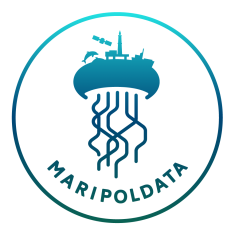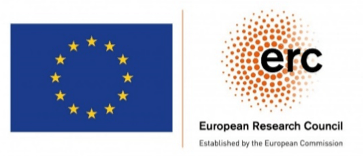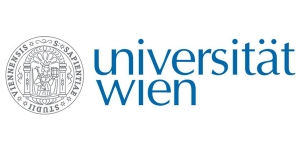My internship at MARIPOLDATA and my confidence in the future
written by Petra L. Baldauf
Petra Baldauf is a sixteen-year-old student at the Lycée Français in Vienna. Her grade was assigned a week-long internship at any office or enterprise of choice, so she applied and was accepted into the MARIPOLDATA team. In the following blog, she writes of her first internship experience, her daily responsibilities, and her takeaways.
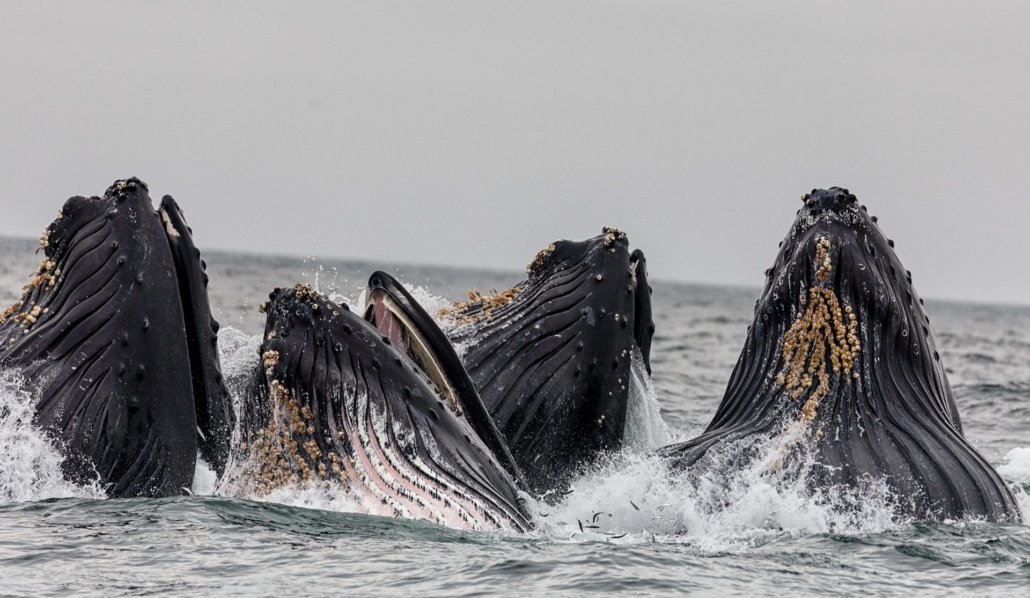
Photo by vivek kumar on Unsplash
When I first learned that I had to do a week-long internship, I will admit that my mind didn’t immediately wander to political science or law. Growing up in a doctor’s family, the only path I not only ever saw, but the only one I ever knew, was that of a physician. A few years ago, I was so sure that I was going to go into medicine (or, at least, as sure as a teenager can be).
As time faded away, so did unhealthy amounts of biodiversity, forest, and once lush and untouched habitats. Little by little, the increasing weight of our planet’s distraught state began to influence and worry me more than it ever had. Disappointed, I observed and learned that other people didn’t truly see or believe in the horrific effects humankind was exerting on our planet. Dispirited, I realised that perhaps they did see what was happening, yet simply chose to ignore it, push the blame away from themselves, and put the onus on others to research, develop, and offer viable solutions. The more I saw these things happening and the more I discovered that most people weren’t willing to make simple lifestyle changes for the benefit of the planet, the more driven I became to set an example and make a difference.
Returning to the subject of the internship, it is for these reasons that an interest for the domain of environmental laws and agreements flourished, as well as for political science and decision-making processes surrounding these laws. The resulting laws and society’s adoption and implication of these laws, I figured that, in order to change the human behaviours that are the at basis of the planet’s heating; in order to inspire others to make lifestyle changes with the goal of reducing pollution (of many sorts); in order to understand the thinking processes of the people assisting and proposing agreements in meetings and conferences on the subject of the well being and fate of our planet; it was well worth me diving into an internship to see where this multifaceted and diverse topic is being researched, decoded, and proposals put forth. The domain of political science, the resulting laws and society’s adoption and action on these laws, could help implement real changes in this pending global disaster, which encompasses quite literally every life form on this planet.
I was referred to Assoc. Prof. Dr. Alice Vadrot by my science teacher, applied, and, thankfully, was accepted.
Throughout the course of this internship, I was inaugurated into a domain I knew very little about, but had much curiosity for. I must continue by saying that the office I was accepted into was very welcoming and every one of the team members was incredibly helpful, open and made sure I gained as much experience as possible. It was a very positive environment, where, though everyone had their own tasks and projects, everything was hugely coherent, and one could immediately see that it was a great team.
On day one of the internship, I entered the building feeling slightly nervous, but was greeted with a very kind face, and was enthusiastically introduced to the office and led through my itinerary (which had been prepared and filled with many different learning opportunities). I spent most of the morning reading and familiarising myself with Assoc. Prof. Dr. Vadrot’s project through her writing. Though it was fairly difficult at times to understand what was written, all my questions were answered without hesitation. That same morning, I was fortunate enough to be able to assist in one of Vadrot’s seminars, where I was able to hear some of the projects a few of her students were working on. I spent most of the day reading, but I left the office optimistic and with a head full of new knowledge.
The nervousness had eased a lot by the second day, and I started the day off strong, by having an online chat with Silvia C. Ruiz R. (MA; PhD student) who was absent on work-related business, but still kind enough to find time for me (and I am very glad she did, as she was very clear and helpful). She not only led me through what it is that she does, but also taught me more about the project and about the domain of political science in general. Following this productive start to the day, another group member, Simon Fellinger (BA; Master student), spent a significant part of his morning instructing me on the BBNJ (Biodiversity Beyond National Jurisdiction) negotiation process; not only explaining it to me, but also taking the time to show me videos of past meetings, helping me understand the different processes and outlooks of the various countries and organisations involved. In the afternoon, I had yet another online chat, this time with Dr. Arne Langlet (a former PhD student). During this discussion, I discovered a whole new domain of research that I had never considered before, and, thanks to Dr. Langlet’s passion and eagerness, I was able to learn a lot about social science, where it meets political science, and how it influences decision-making.
The third day began and ended in a different building of the University of Vienna, where I attended two classes. Though obviously unable to participate, I was both intrigued and entertained by other students presenting some of their research projects, and I was fortunate enough to get a bit of an inside look at university classes, as well as their dynamics and functioning. The time that wasn’t spent in the university was spent reading more of Assoc. Prof. Dr. Vadrot’s publishing and writing this blog.
Thursday morning was when I found my favourite part of the research, which was explained to me by Paul Dunshirn (MA; PhD student). His fraction of the research focuses on marine genetic resources. It’s the branch of research closest to the domain of natural sciences, which is probably why I found it to be one of my personal favourite subjects. I learned about how the different genetic resources of the deep sea could be used for a multitude of employments, notably pharmaceuticals, cosmetics, food, and different scientific research, and how there are debates on who has and should have access to these ressources, as well as how the resources are used.
The fifth and final day was a calmer day. In the morning, I was given a tour of the University of Vienna’s campus, spanning from political science and sociology to anatomy and medicine. Though I found every building’s architecture to be quite astonishing, the main university and the Josephinum to be particularly so. Following this long stroll around and through the different edifices, we went for an final lunch at a different universitie’s canteen, and then returned to the office, where I would spend my final afternoon finishing the blog, and where I would spend the last hours of my internship.
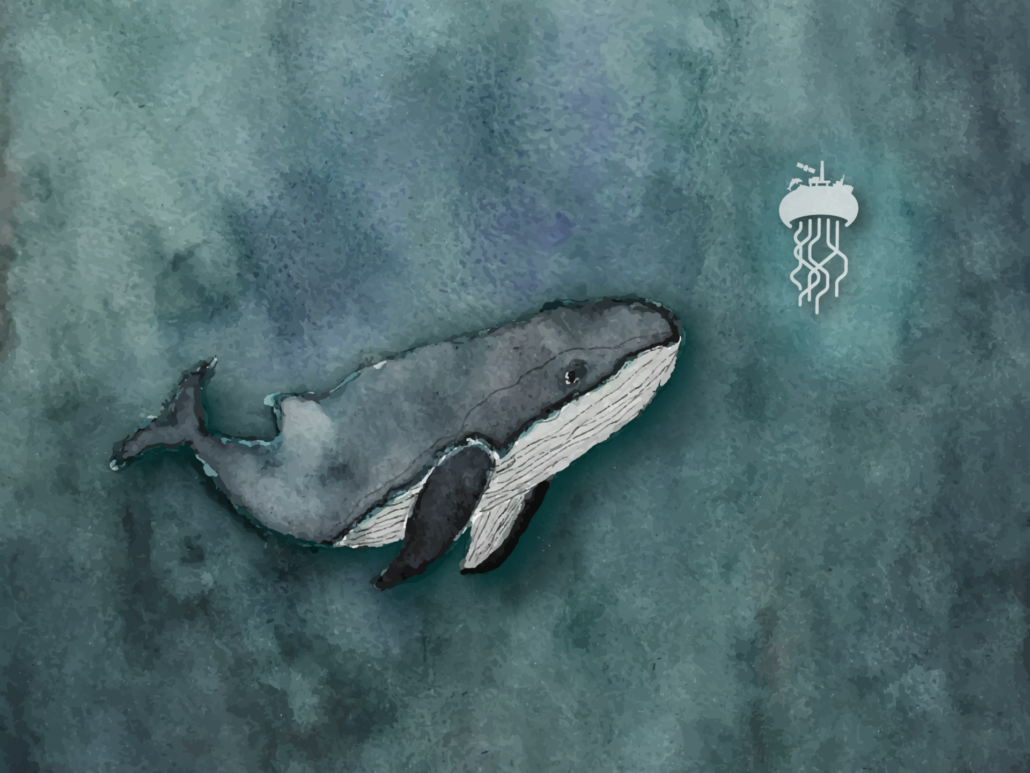
I must say that I am incredibly glad to have chosen an internship with the MARIPOLDATA team. Over the course of five days, I was able to gain a significant breadth of knowledge, I came to understand and delve into the details of a UN agreement-making process, and I was given the opportunity to get the feel of what it’s like to work in a research group.
Thirsty for knowledge as I am, I really enjoyed and am grateful for all of the learning, meetings, and lectures that I was able to partake in- and all over the course of one week! In choosing an internship in a domain I was largely unfamiliar with, I was able to broaden my understanding, as well as my interests, and I discovered that “science” doesn’t just mean physics, biology or chemistry: it has been defined as “the pursuit and application of knowledge and understanding of the natural and social world following a systematic methodology based on evidence (source: The Science Council).” This is actually one of the things that I was hoping to learn coming into this internship, and I am glad that I got to explore the more “literary” side of science, and uncover how behaviour, thought, policies and power roles are all important.
What are my main takeaways from this internship?
My favourite thing that I learned was on the subject of marine genetic resources – how and by what corporations, groups or people they are used, and even by whom and for what purposes they should be used. I am admittedly more of a scientist (physics & biology), so this intersection between natural and political science is definitely something that I might be interested in in the future.
Simply put: I learned a lot. I found out what global environmental negotiations are, then began to understand their requirements and how they function in a practical sense. I was able to get a closer look at the different treaties that determine the borders of our oceans and what rules govern the uses of the oceans and its finite resources. I learned about the importance of good quality research when it comes to making an impact in the world of political science and international environmental law, but also that the research has to be led by stalwart people who are willing to sacrifice time in order to pursue a project to the very end. I learned that, in every large project, there are multitudes of smaller projects and smaller bits of research that have to be undergone by different team members, each with their own strengths, in order to create a whole. Above all, I learned that there is still hope, and was encouraged by the level of dedication of these professionals who work tirelessly to create and instil change, no matter the size, to join the fight for a cleaner, more sustainable and agreeable future.
A special thank you to the entire MARIPOLDATA team, who made my week incredibly interesting and educational. Thank you for taking the time to show me the details of your project, and I wish you much success in your future projects.
Merci, Julia, pour avoir été si accueillante, bienveillante et gentille- vous avez fait de ma semaine une expérience formidable et positive. Bien sûr, merci Assoc. Prof. Dr. Vadrot pour m’avoir acceptée dans votre environnement, et ce fut une expérience dont je serai toujours reconnaissante.
Je vous souhaite tout le succès et la réussite possible !
